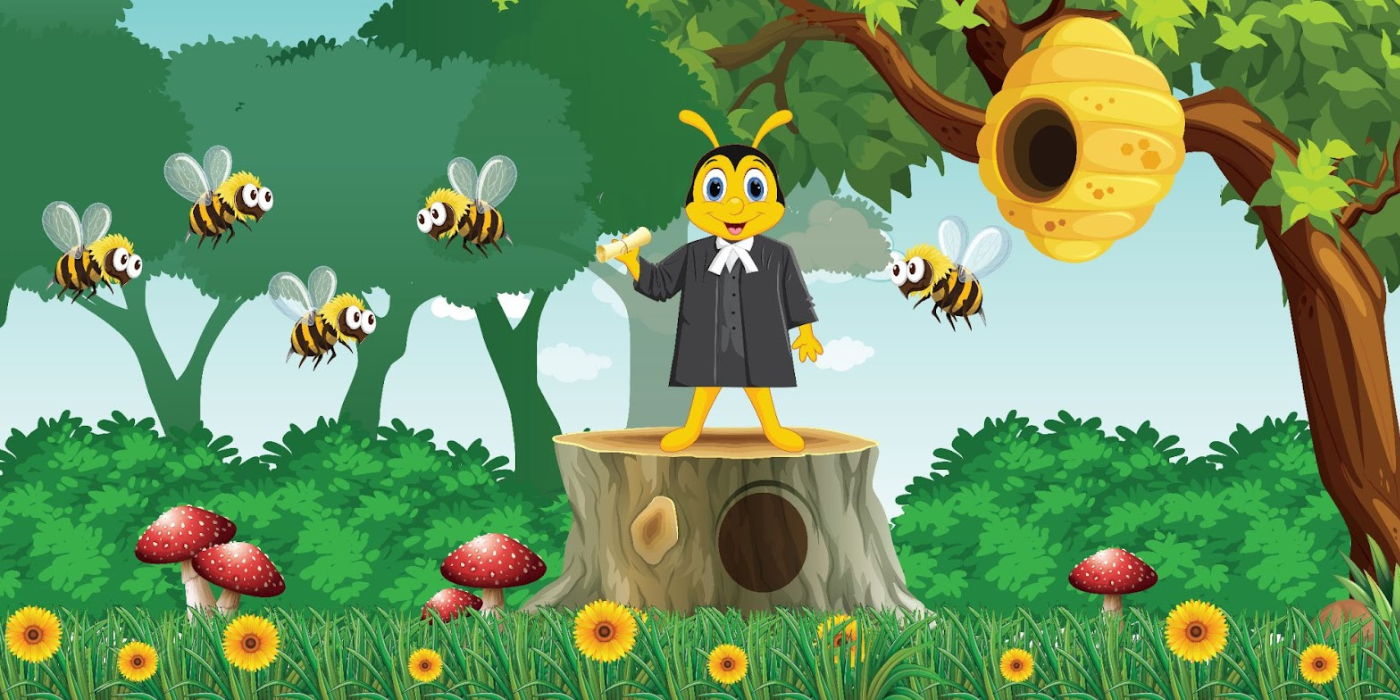
Beekeeping Regulations and Policies
While the thought of regulations might seem daunting, they play a crucial role in ensuring the well-being of bees, fostering responsible beekeeping practices, and maintaining harmonious relationships with our communities. So, let's explore the buzzing realm of beekeeping regulations together, in a friendly and informative tone.
Why Beekeeping Regulations Matter
Beekeeping regulations exist to protect the welfare of honeybees, safeguard the environment, and promote public safety. They establish guidelines and standards that ensure responsible beekeeping practices, prevent the spread of diseases, and minimize any potential conflicts with neighbors or local authorities.
Honeybee Health and Disease Prevention
Beekeeping regulations often include provisions to protect honeybee health. These measures may require beekeepers to monitor and manage common bee diseases and pests, such as Varroa mites or American Foulbrood. By implementing disease prevention strategies, beekeepers can maintain strong, thriving colonies while minimizing the risk of spreading infections to other bees or apiaries.
Swarm Management and Beekeeping Density
Regulations also address the management of honeybee swarms, which occur when colonies naturally reproduce and divide. Guidelines may stipulate procedures for capturing and relocating swarms to prevent them from becoming a nuisance or establishing feral colonies in unwanted areas. Additionally, regulations may establish limits on the number of beehives allowed in a specific area to prevent overcrowding and ensure adequate forage resources for bees.
Public Safety and Education
Beekeeping regulations often emphasize public safety and beekeeping education. These guidelines may require beekeepers to inform their neighbors about their apiaries, provide information about bee behavior, and address concerns regarding bee stings. Public safety considerations ensure that beekeeping activities are conducted responsibly and that any potential risks are minimized through proper hive placement, signage, or protective barriers.
Environmental Protection and Pesticide Use
Many regulations encompass provisions aimed at safeguarding the environment and promoting sustainable beekeeping practices. These measures may include restrictions on the use of certain pesticides harmful to bees or requirements to promote the planting of bee-friendly flowers and forage resources. By considering the impact of beekeeping on the local ecosystem, regulations help preserve biodiversity and support pollinator conservation efforts.
Navigating Beekeeping Regulations
Research Local Regulations
Begin your beekeeping journey by researching the specific regulations and policies in your area. Contact your local government, agricultural extension offices, or beekeeping associations for information. Understanding the rules will ensure you start on the right path and avoid any unintentional violations.
Connect with Beekeeping Associations
Joining local beekeeping associations or clubs can be immensely beneficial. These groups provide a wealth of knowledge, support, and resources, helping you navigate the regulatory landscape. Experienced beekeepers can offer insights into local regulations and share their experiences, providing valuable guidance as you establish your apiary.
Register Your Apiary
Some regions may require beekeepers to register their apiaries. This process helps authorities maintain a database of beekeepers, facilitates disease monitoring, and aids in emergency response planning. Registration is typically a straightforward procedure that reinforces responsible beekeeping practices and strengthens communication between beekeepers and relevant agencies.
Communicate with Neighbors
Open and friendly communication with your neighbors is essential for a positive beekeeping experience. Inform them about your beekeeping plans, address any concerns they may have, and educate them about the importance of bees and their behavior. Being considerate and proactive can foster understanding and goodwill within your community.
Continued Education and Best Practices
Beekeeping is an evolving practice, and regulations may change over time. Stay informed and up-to-date on new developments, best practices, and emerging research in the field. Attend workshops, seminars, or webinars offered by local beekeeping associations or agricultural institutions. Keeping your knowledge current will help you adapt to any regulatory changes and ensure the well-being of your bees.
Beekeeping regulations and policies may seem complex at first glance, but they play a vital role in fostering responsible beekeeping practices, protecting honeybee health, and promoting harmonious coexistence within our communities. By adhering to these guidelines, beekeepers contribute to the preservation of honeybees, the sustainability of our ecosystems, and the appreciation of these remarkable pollinators.



Leave a comment